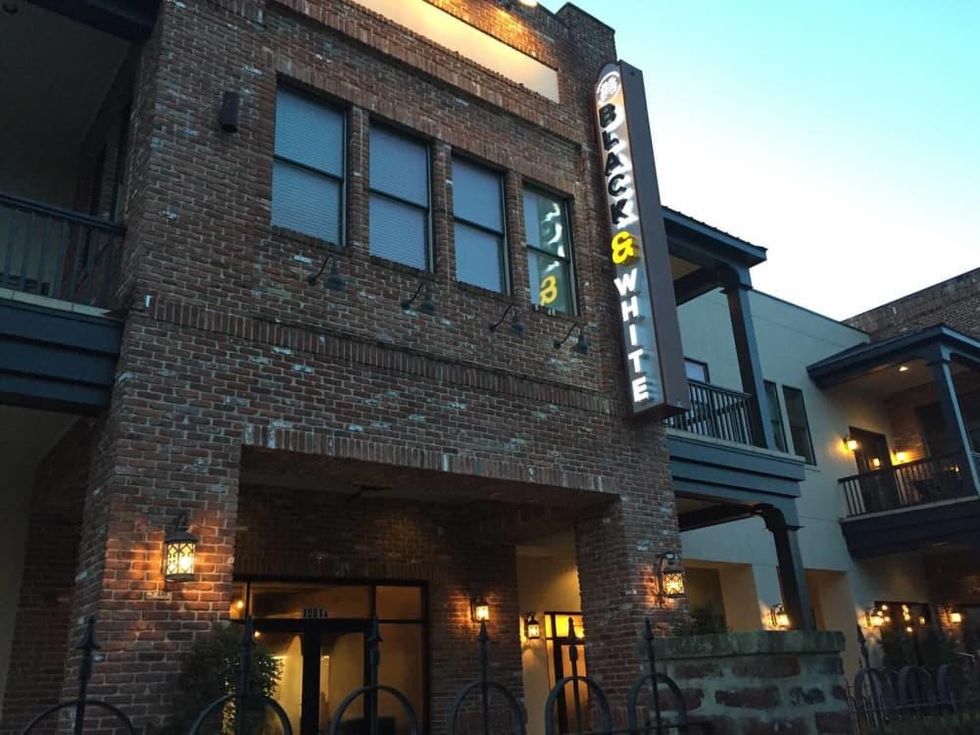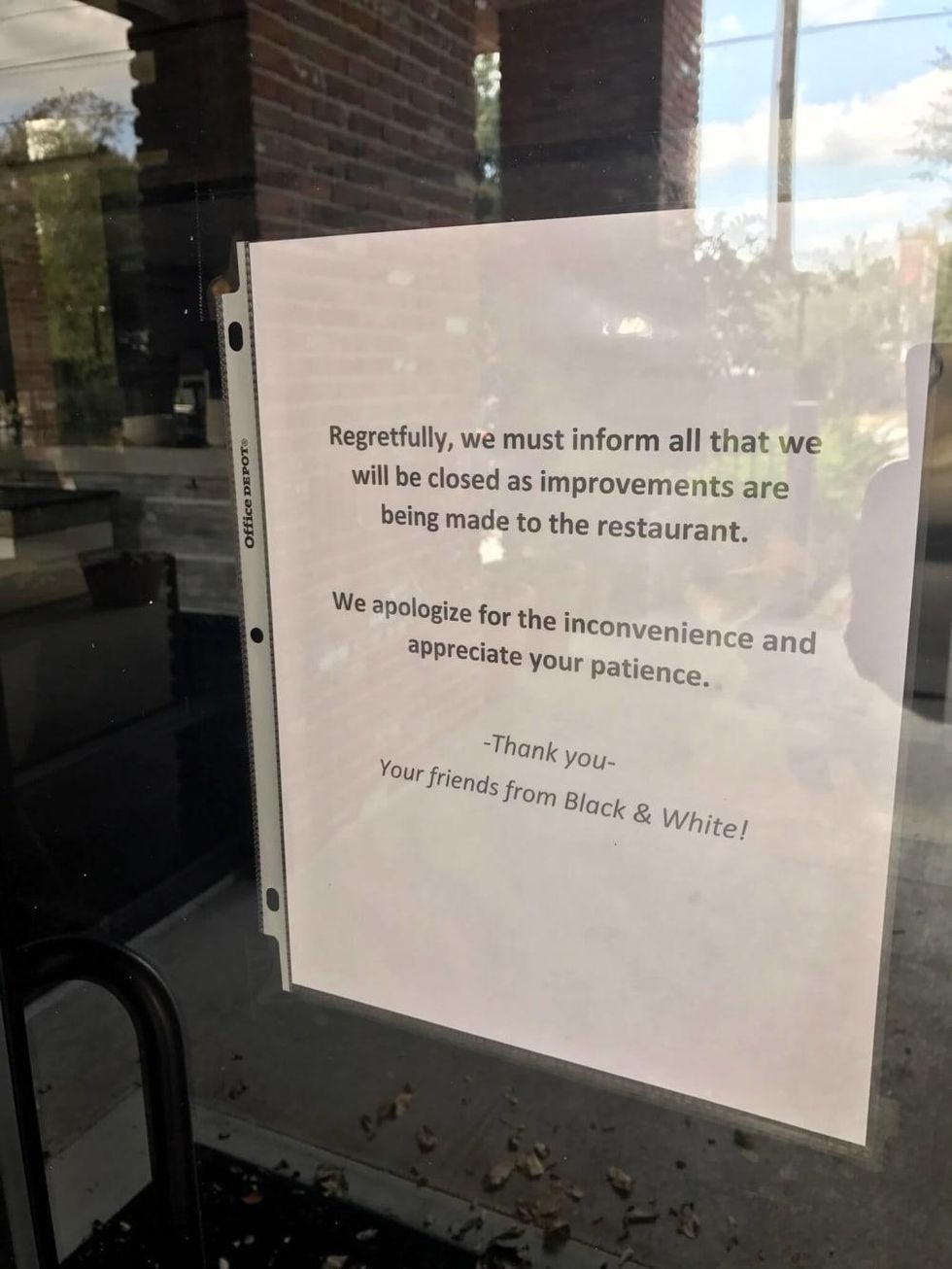On this week’s episode of “What’s Eric Eating,” James Beard Award-winning chef Hugo Ortega, his wife and business partner Tracy Vaught, and their daughter Sophia Ortega join CultureMap editor Eric Sandler to discuss H-Town Restaurant Group. The company operates a number of local concepts, including interior Mexican restaurant Hugo’s, Backstreet Cafe, Mexican street food eatery Urbe, and Zaranda, the company’s newly opened restaurant in downtown that’s inspired by California.
After a brief discussion of the early days of Hugo’s, the trio dives into the process of opening Zaranda. Vaught explains how she became aware of the space in the Norton Rose Fulbright Tower and why it’s proximity to Discovery Green made it particularly appealing. Chef Ortega shares how a three-week road trip throughout Mexico provided some of the inspiration for both Zaranda and Caracol, his Galleria-area seafood restaurant.
From there, chef Ortega describes how the zaranda — a wire metal basket used to cook seafood over an open flame — anchors much of the menu. He also recommends some dishes diners should try when they visit Zaranda.
Sandler asks Sophia Ortega what it’s like working with her parents. “I get that comment a lot. It is very different. A lot of people can’t imagine working with family,” she says.
“For me, I’m an only child. We’re a very close family unit. The restaurants have been a huge part of my growing up. For us, it comes very naturally to work together. It’s all we know. I’ve only ever worked for my restaurants. A lot of the employees have seen me grow up. I think we all have our own lane, but at the same time we overlap. We’re always open to hearing different opinions. That’s when the best decisions are made. I love it.”
“Sophia is very intuitive. The way she communicates is very thoughtful and sensitive. I think that’s so valuable for our staff. Everybody loves her,” Vaught adds.
Listen to the full episode for an update on Backstreet Cafe. Its original building was torn down last year to make way for an all-new structure that’s on track to open next year — hopefully in time for its legendary Mother’s Day brunch. Sandler also asks about the restaurant group’s conspicuous omission from the Michelin Guide.
In this week’s other episode, Sandler and co-host Mary Clarkson, the proprietor of newly-open wine shop Montrose Grocer, discuss the news out of the week. They begin with a discussion about the Houston Chronicle’s list of the city’s top 100 restaurants, including a discussion of Aga’s as the No.1 selection, some of the new entries on the list, and restaurants that dropped off the list entirely, such as Himalaya, Kata Robata, and Killen’s Barbecue. They also talk about Bari Ristorante opening a new location in The Woodlands and restaurateur Brian Doke’s plans to open Lazy Lane restaurant in Garden Oaks.
In the restaurant of the week segment, Clarkson and Sandler share thoughts on their recent meal at Maison Chinoise. Located next to Brasserie 19 in the River Oaks Shopping center, the new Chinese restaurant is the latest project from Dallas-based Lombardi Family Concepts, known locally for Toulouse Cafe and Bar, its French restaurant in River Oaks District, and Lombardi Cucina Italiana in Uptown Park.
Listen to the episode to hear which dishes they liked best, as well as the one that missed the mark. They also discuss its decor and how it will fit with the other luxurious restaurants in the shopping center.
-----
Subscribe to "What's Eric Eating" on Apple podcasts, Spotify, or wherever you listen to podcasts. Hear it Sunday at 9 am on ESPN 97.5.
Zaranda owners Tracy Vaught, Hugo Ortega, and Sophia Ortega.
Photo by Nick de la Torre








